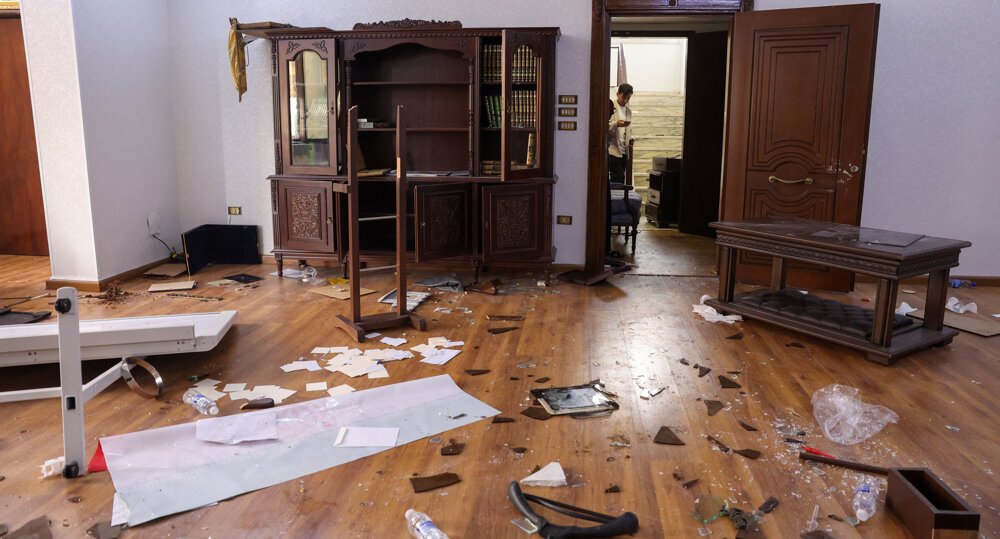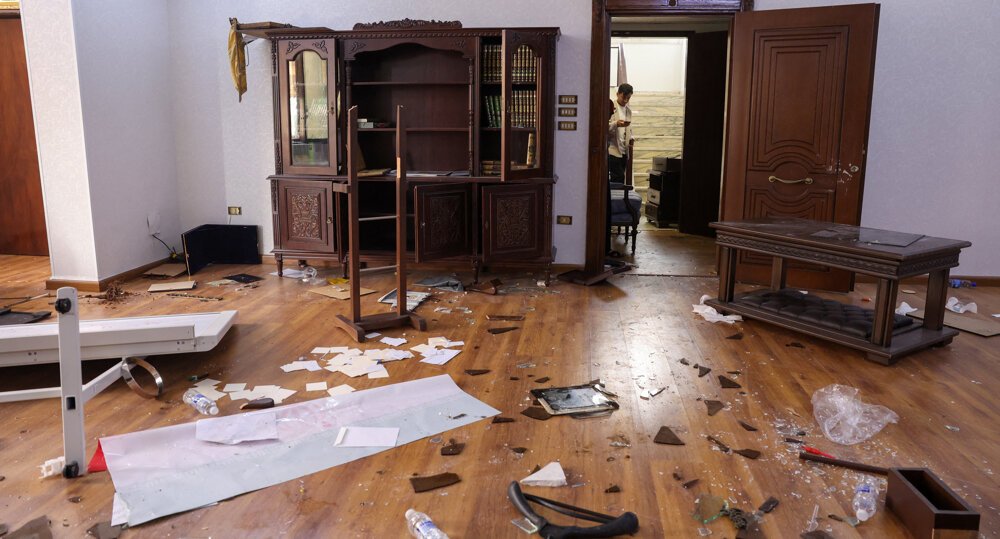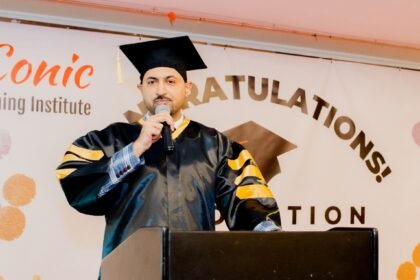
ARABIAN TIMES NEWS NETWORK
Iran has called on the United Nations and the Security Council to take decisive action against attacks by militants on its diplomatic and consular missions in Syria. The incidents follow the fall of Bashar al-Assad’s government and have raised serious concerns about the safety and inviolability of diplomatic personnel and premises under international law.
Amir Saeid Iravani, Iran’s ambassador to the UN, addressed the issue in two formal letters sent on Monday to UN Secretary General António Guterres and Linda Thomas-Greenfield, the rotating president of the Security Council. In the letters, Iravani condemned the militant attacks as flagrant violations of the Vienna Convention on Diplomatic Relations (1961) and the Vienna Convention on Consular Relations (1963), which ensure the protection of diplomatic missions and their staff.
“These actions breach the fundamental principles of international law, which require that the sanctity of diplomatic and consular facilities and representatives be respected at all times,” Iravani emphasized. He urged the United Nations to condemn the violations unequivocally and take immediate measures to safeguard diplomatic personnel and facilities. “No individual, group, or state has the right to commit or enable such transgressions,” he stated, stressing the need to prevent similar incidents in the future.
Tensions escalated as online footage surfaced on Sunday showing militants defacing an Iranian embassy in Syria, tearing down posters of late Lieutenant General Qassem Soleimani and Hezbollah leader Sayyed Hassan Nasrallah. The attackers vandalized the embassy, shattering windows and ransacking offices. The damage included the theft of sensitive archives and documents, leaving the mission severely compromised.
In a separate incident on November 29, militants launched short-range shell attacks on the Iranian consulate in Aleppo. Although consular staff had already been evacuated due to threats, the facility suffered significant damage during the invasion. These attacks occurred amid a broader wave of militant advances across Syria. On November 27, armed groups led by HTS launched a two-pronged offensive on Aleppo and the surrounding Idlib countryside.
Within days, they seized control of major cities, including Hama, Homs, Dara’a, and Suwayda. On December 8, the militants declared that they had fully captured the Syrian capital, Damascus, marking the collapse of Assad’s government. Iran has underscored the urgency of holding the perpetrators accountable and safeguarding diplomatic norms. “The United Nations must respond decisively to prevent further violations and ensure the protection of international law,” Iravani wrote.











